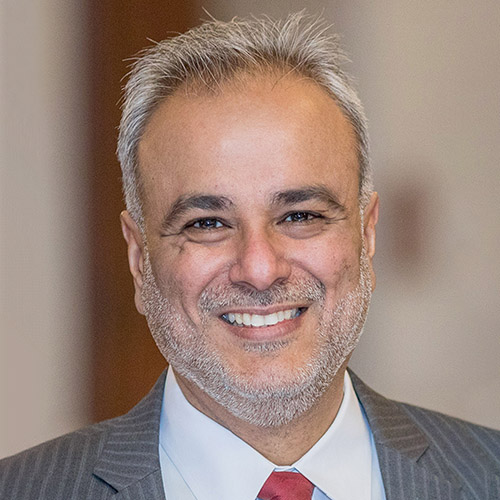

The Connecticut Senate is mulling legislation that would require long-term care facilities to conduct background checks on prospective residents and staff members. But some opponents say the legislation is overly broad.
Under the language of the currently drafted bill, long-term care facilities include nursing homes, residential care homes and managed residential communities that provide services offered by assisted living services agencies, according to a policy expert for the Senate Democrats.
The legislation responds to an incident that happened in a nursing home in state Sen. Saud Anwar’s (D) district last May. A registered sex offender and resident at Fresh River Healthcare allegedly raped a female employee. Anwar is sponsoring the bill to close what he calls a loophole in the state law that does not “require nursing home operators to inform state police when they admit a registered sex offender from another state into one of their facilities,” the CT Mirror reported.
The Connecticut Association of Health Care Facilities / Connecticut Center for Assisted Living “is urging that the public health committee take no action on the measure,” President and CEO Matt Barret told the McKnight’s Business Daily. “Our nursing home and assisted living community members appreciate the intent of S.B 254 is to ensure that dangerous individuals are not permitted admission to long-term care facilities. However, as currently written, this bill is overly broad and will place significant burdens on both long-term care providers and individuals seeking admission to these settings.”
In written testimony submitted to the Public Health Committee last week, Barret said: “While there are some exceptions to this requirement, further significant work needs to be done with this bill to ensure that it does not interfere with the ability of individuals to timely access to long-term care facility services and places an undue burden on long term care providers who are already struggling with significant financial and staffing issues due to the pandemic.”
Mag Morelli, president of LeadingAge Connecticut, testified during the public hearing that “from an implementation perspective, this proposal raises numerous concerns, including how long a bed must be held until a prospective resident’s background check is cleared.”
Cindy Prizio, executive director One Standard of Justice, testified during her testimony that the bill was flawed in that “the criminal offense could have taken place 50 years ago in the applicant’s past; no matter, this bill will stamp that applicant disqualified.”
Moreover, she said, “95% of new sex crimes will be committed by people not on a registry, i.e. they are unknown to us and may not have a criminal record.”
Prizio called the bill “public policy disaster in the making” and urged the committee not to act in haste because of one crime and work toward a better solution.
A spokesperson for Anwar told the McKnight’s Business Daily, “After the public hearing, which was held Wednesday, the bill is in consideration until the Public Health Committee’s deadline for passing bills,” adding that he is unsure whether the bill will pass as written. It may be considered for a vote as soon as Wednesday of this week.
A similar bill is also pending in the Connecticut House of Representatives.


